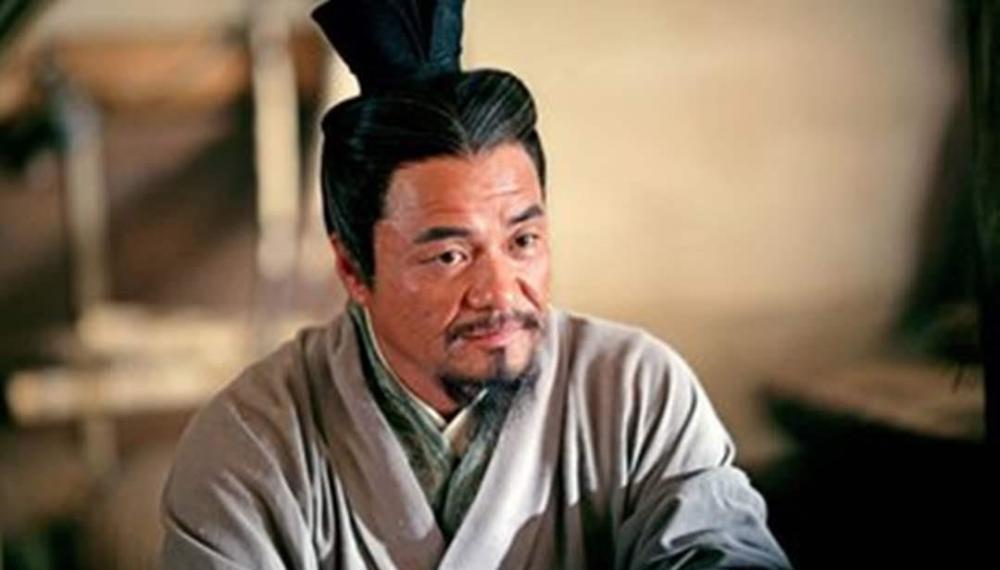During the Three Kingdoms period, there were three major battles, namely the Battle of Yiling, the Battle of Guandu, and the Battle of Chibi, each of which affected the situation in the Three Kingdoms. There is no doubt that every war has affected the situation in the three countries. The Battle of Chibi laid the foundation for a three-legged stand, and the Battle of Guandu allowed Cao Cao to unify the north.
The influence of the three major battles was unquestionable, and after the Battle of Yiling, the strength of shu Han was greatly reduced. Under such circumstances, Shu Han did not have the ability to dominate the world. Because of this, Liu Bei died of illness because of the defeat in the Battle of Yiling. Eventually, Liu Bei died of illness in the White Emperor's City. Now it seems that Liu Bei's launching of the Battle of Yiling was undoubtedly wrong.

In the environment at that time, Shu Han should rest and recuperate, or unite with Eastern Wu to fight against Cao Wei. Liu Bei broke the Sun-Liu alliance, which was undoubtedly wrong, let alone wise. Cao Wei's strength had always been the strongest in the Three Kingdoms, but Liu Bei wanted to avenge Guan Yu, so he began to raise an army to attack Wu, which undoubtedly led to the demise of Shu Han.
In the Battle of Yiling, Liu Bei suffered heavy losses. If Eastern Wu wins, then Shu Han will suffer heavy losses. In June of the second year of Zhang Wu, Liu Bei was defeated by the Wu general Lu Xun at Yiling. At this time, Shu Han's vitality was seriously injured. Liu Bei's original attempt to attack Eastern Wu was opposed by the shu Han court ministers and military generals, including Zhuge Liang, Zhao Yun, and so on.
In short, there are countless people who oppose it. The Battle of Yiling was defeated in June of Zhang Wu's second year, and in April of Zhang Wu's third year, Liu Bei fell ill and died in the White Emperor's City. In less than ten months, why did Liu Bei always stay in the White Emperor City instead of returning to Chengdu? To know that Chengdu is the place where Liu Bei started, it is reasonable to say that liu bei has the opportunity to make a comeback when he returns to Chengdu.
Liu Bei did not return to Chengdu until his death for four reasons. The first was the Battle of Yiting, in which the elite of the Shu army was lost and almost the entire army was destroyed. This undoubtedly caused Shu Han to suffer heavy losses. After the end of this battle, the total army of Shu Han was only 20,000. Liu Bei experienced countless failures in his life, and compared with Cao Cao, Sun Quan and others, he was no less inferior.
Before this cutting down of Wu, the Shu Han had been full of opposition. Zhuge Liang advised Liu Bei not to attack Eastern Wu, which violated the basic strategic principle of "uniting Wu against Cao" in violation of this. At that time, Zhao Yun told Liu Bei that "the national thief is Cao Cao, not Sun Quan", and secondly, Qin Mi also risked going to prison to write to obstruct him. Faced with such opposition, Liu Bei did not think so.
After the defeat at the Battle of Yiling, Liu Bei must have repented of his mistakes, and under such circumstances, Liu Bei did not have the face to return to Chengdu at all. Comparatively speaking, Liu Bei and Xiang Yu are somewhat similar. Xiang Yu was ashamed to see Jiangdong's father and elder, and Liu Bei was ashamed to see the ministers in Shu. Secondly, Liu Bei retreated to the White Emperor City, and the reason why he did not retreat again was related to the battlefield situation at that time.
The Eastern Wu army pursued Liu Bei all the way, and under such circumstances, even if Liu Bei arrived at the White Emperor's City, there was no peace, and Xu Sheng, Pan Zhang, Song Qian and other Wu generals pursued Liu Bei. More importantly, Cao Wei also wanted to reap the benefits of the fisherman. The White Emperor City, where Liu Bei was located, was the gateway to the Shu Han Dynasty, and it was very important in all directions.
The Shu Han army was demoralized in defeat. If, at this critical moment, Liu Bei chooses to continue to retreat, then the problem must be more serious. Liu Bei was not convinced by the fiasco of The Pavilion, and Liu Bei shouted at the time, "I am humiliated by Sun, am I not a heavenly evil!" It can be said that Liu Bei attributed the reason for the failure to Providence.
After the defeat at the Battle of Yiling, Liu Bei garrisoned the White Emperor City, and it is worth mentioning that Liu Bei was still able to intimidate Sun Quan here. At that time, Sun Quan did not continue to attack, and Sun Quan sent envoys to reach a peace agreement with Liu Bei. In fact, Sun Quan and Liu Bei still had no plans to truce. At that time, Liu Bei faced many problems, the most important thing was that the vitality had not yet been restored, and more importantly, it was for the sake of the overall situation.
In addition to these objective factors, Liu Bei also has a little reason, that is, physical reasons. At that time, Liu Bei was already over sixty years old, and during the Three Kingdoms period, such an age was already an advanced age. Therefore, the defeat at the Battle of Yiling dealt Liu Bei a physical and mental blow. Soon he fell ill. If you want to go back to Chengdu to recuperate, I am afraid that you will also die of illness.